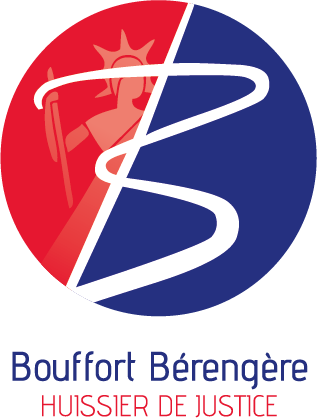Enhanced due diligence is a crucial part of AML compliance for companies that handle high-value transactions or customers who are at risk of money laundering and other financial crimes. It is used to identify the most risky customers and prevent them from donating to terrorist groups as well as other criminal organizations.
While the normal customer due diligence is designed to determine the identity of a client However, the EDD process is much more extensive and requires greater variety of checks. This includes collecting more identification documents, as well as conducting thorough checks on the client’s location and the source of funds. This type of due diligence is usually utilized for high-risk clients like politically exposed people (PEPs) and those who reside in countries with high risk and also for businesses or individuals which are cash-intensive.
The EDD procedure should be more comprehensive the more complex a person, legal entity, or transaction is. Regulators typically favor a risk-based approach that leverages documented risk assessment guidelines to determine the amount of scrutiny required for each individual situation. The EDD process also includes gathering more complete information, which includes details about the person’s clients suppliers, corporate/legal structures, and their clients. EDD procedures are typically more costly, time-consuming and demanding of a higher level of documentation compared to CDD procedures. That’s why it’s critical to have a strong and effective identity verification technology like the https://warpseq.com/principle-moments-of-data-room-provider-comparison/ one integrated into 1Kosmos BlockID to make this process less complicated for your company.
